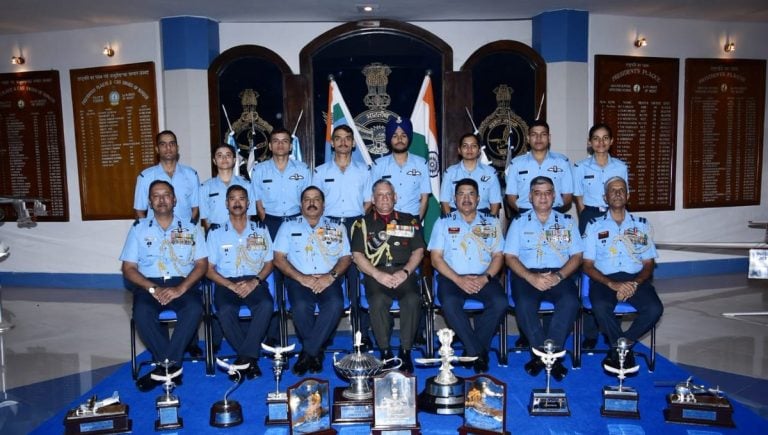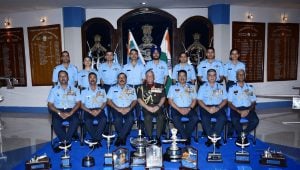Air Force Common Admission Test (AFCAT) is a highly competitive exam that demands a comprehensive understanding of various topics. Among the essential skills required for success in AFCAT, the mastery of blood relations is often underestimated. This seemingly straightforward topic can play a pivotal role in determining your success in the reasoning section. In this article, we will explore the significance of blood relations in AFCAT and provide tips on how to tackle related questions with ease.
Blood Relations
Understanding the Significance:
Blood relations are a fundamental aspect of human life, and questions related to familial relationships are a common feature in the reasoning section of AFCAT. The ability to interpret and decipher family ties is not just a test of memory but a demonstration of analytical thinking and problem-solving skills.
Key Concepts to Grasp:
- Family Tree Analysis:
- Constructing a family tree is the cornerstone of solving blood relations questions.
- Visualizing the relationships between various family members aids in better comprehension.
- Naming Conventions:
- Acquaint yourself with the nomenclature used in blood relations – terms like father, mother, brother, sister, uncle, aunt, etc.
- Understand the distinction between paternal and maternal relationships.
- Degrees of Relationship:
- Differentiate between first-degree relationships (parent, child, sibling) and second-degree relationships (uncle, aunt, nephew, niece).
Strategies for Success:
- Read the Question Thoroughly:
- Carefully analyze the information given in the question.
- Note down all the relationships and any additional conditions specified.
- Create a Visual Representation:
- Sketch a clear and concise family tree based on the information provided.
- Utilize symbols and abbreviations to represent relationships for a more organized approach.
- Consider All Possibilities:
- Blood relations questions may involve conditional statements. Consider multiple scenarios based on the given conditions.
- Be open to different interpretations to avoid overlooking crucial details.
- Decode Complex Statements:
- Break down complex statements into simpler components.
- Identify the subject and predicate in sentences to extract relevant information.
- Practice Regularly:
- Consistent practice is essential for honing your skills in blood relations.
- Solve a variety of problems to familiarize yourself with different patterns and question structures.
Conclusion:
Blood relations form a vital component of the reasoning section in AFCAT, and a strategic approach is essential for success. By mastering family tree construction, understanding naming conventions, and employing systematic problem-solving strategies, AFCAT aspirants can enhance their performance in this topic. Regular practice, coupled with a keen eye for detail, will not only boost your confidence but also ensure that you navigate blood relations questions with precision during the actual examination. As you embark on your AFCAT preparation journey, remember that decoding blood relations is not just about relationships but about unveiling the intricate patterns within complex familial structures.

















